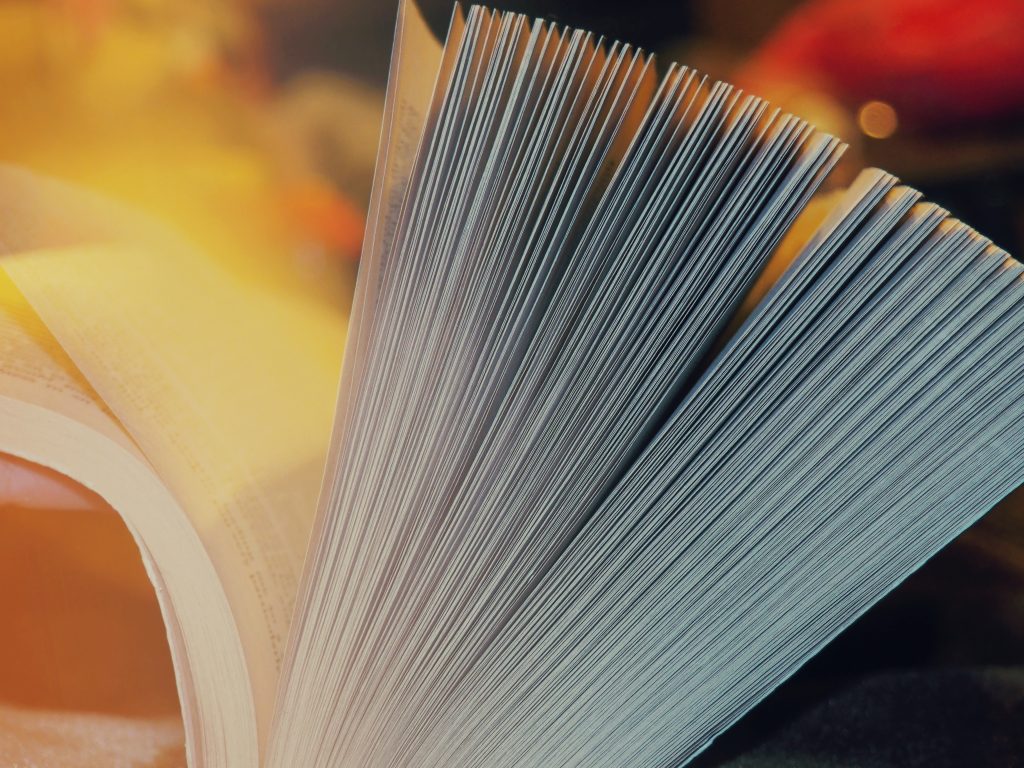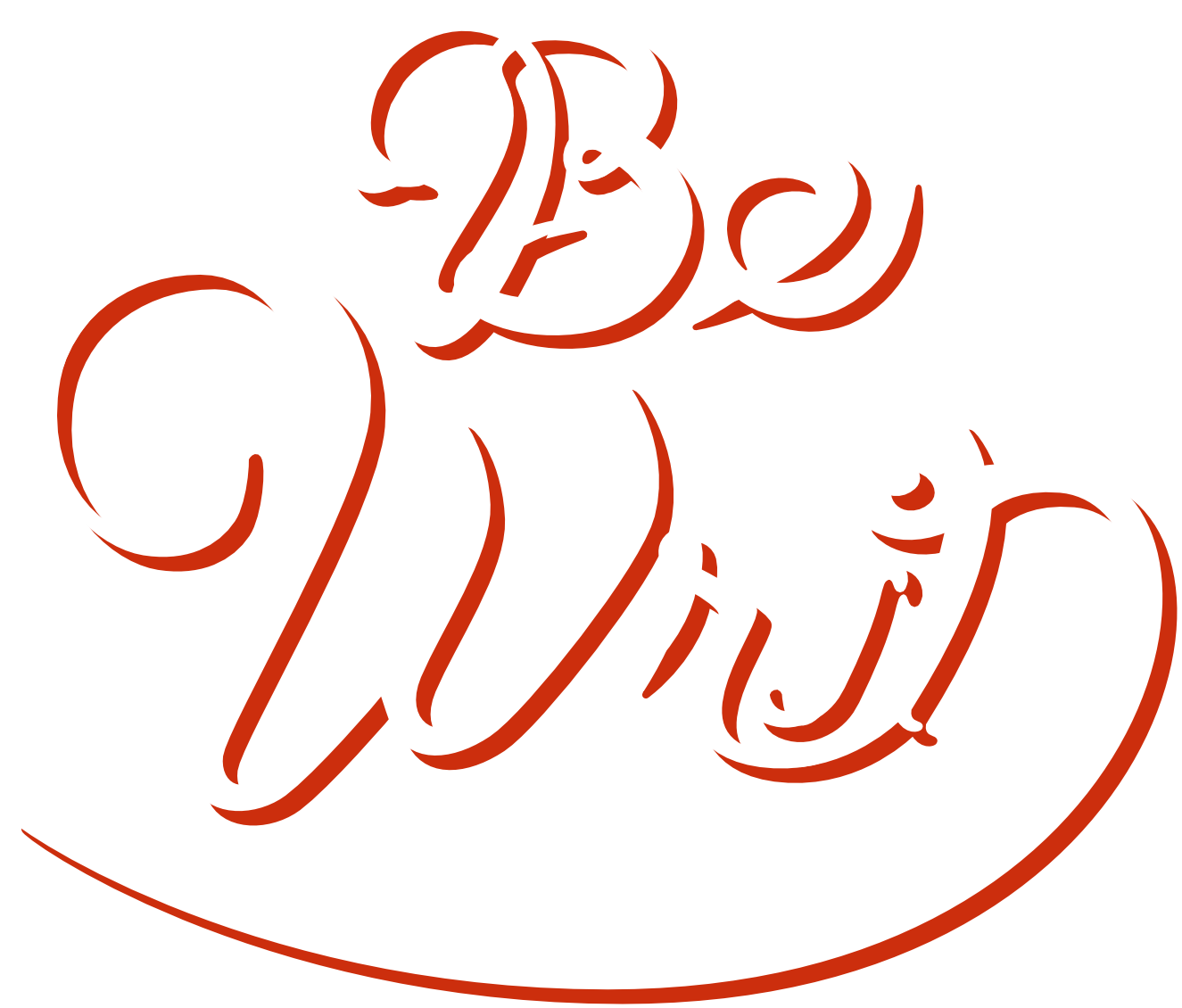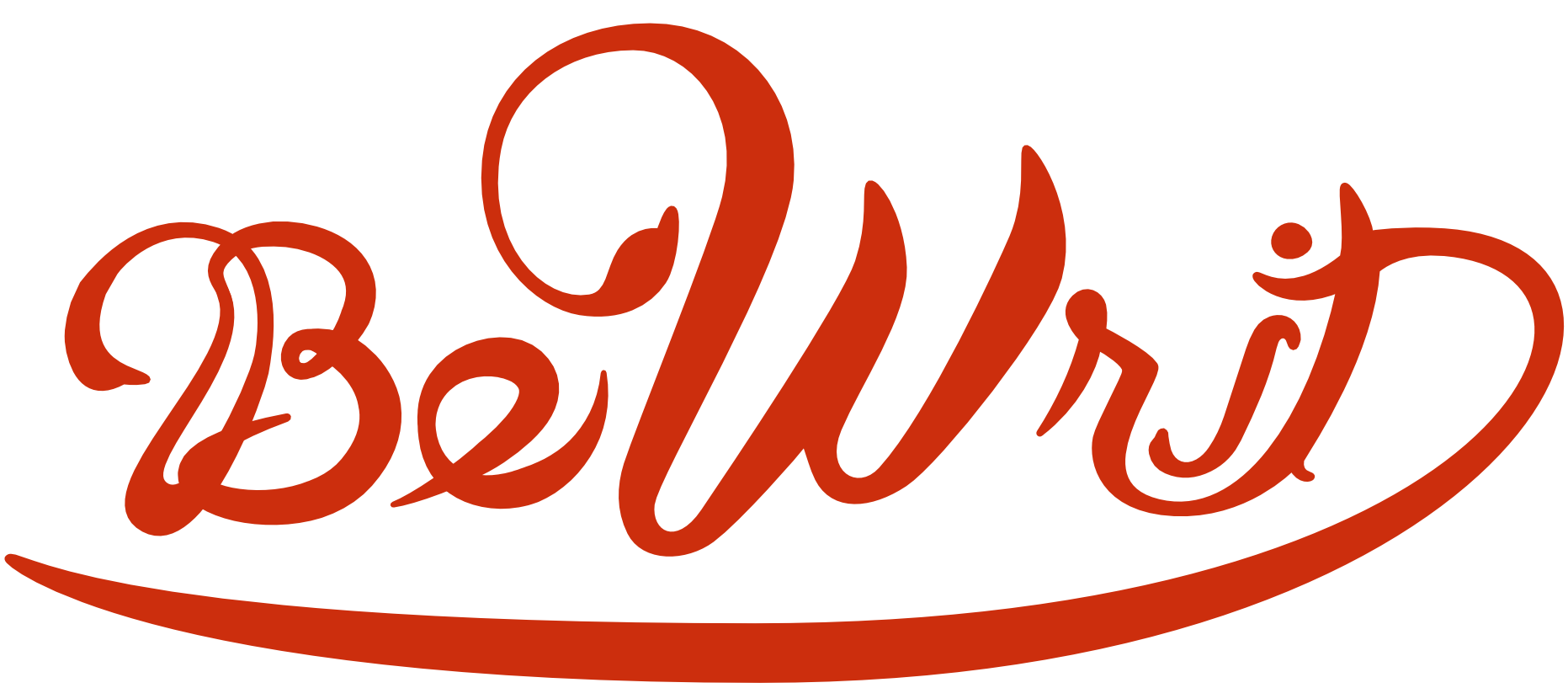
How to Grab a Reader’s Attention with the First and Last Line of Your Story
So many stories have been picked up and dropped in seconds due to short attention spans and unappealing content. This may be troublesome for authors and writers who strive for greatness in creating new content and garnering information. But we’ve got you covered!
Here is how you can keep the reader intrigued with a few simple steps and stand out compared to other authors!
Take Your Writing to the Next Level

Starting a story with a well-written first line not only establishes power in the voice but also draws attention. It creates an urge to continue with the rest of the text, making it unthinkable to set the book down.
So the question remains, how do you compose a killer first line as an author?
Think of your favorite novel. The opening scene lives in your head to this day, doesn’t it? Something about it was quite memorable and intriguing, something that made you fall in love with what you read. That’s what makes a story great!
Use that, hold onto it. That’s what will take your writing to the next level.
The Power of Questions

You can take several routes when writing the perfect first line.
To start, ask a question. Questions are an exceptional way to begin your book because they pull your readers in, and their curiosity will wander through the text searching for the answers to that question!
Some of the Best Opening Lines Create Tension

Another amazing way to draw attention is to create tension.
Use emotion to bring readers in, whether it’s surprise, suspense, or humor. Give the reader a scene to walk into. Paint the picture for them to follow along, and watch as they race through the text ignoring their surroundings.
The Truly Best Opening Lines in Books Speak to the Readers

You can even introduce the voice of the character to open the scene. People love hearing stories from others who stand out. Characters who sound unique and have witty and quirky personalities are key to bringing life to your writing.
Perhaps there is a special quality about a person that you want to write about that stands out from others, or you could even describe a family setting with some suspense to it. This will provide insight for the reader, locking them in for the rest of the read (the main objective).
What’s special about a unique voice is its ability to heavily influence your imagination, allowing it to open doors in your mind that were previously locked. Look at the example I wrote below.
James and I glared down at our phones as the 27th hour of the day slowly crept in. I can’t sleep. We couldn’t anyway; our presence must remain unknown.
What stands out about this is the menacing, unknown details that are present. The narrator states that they want their presence to be unknown. From whom? Are they hiding from something, or are they spying on someone?
Spark your readers’ curiosity. Their curiosity will take them into the world of your story. Notice how the narrator implies that there’s a 27th hour? That’s not normal on Earth. Perhaps they landed on another planet, or the story takes place in another galaxy? Intrigue your readers.
Things to Keep in Mind

Spectacular first lines need to be spot on. You want to avoid sounding bland when opening your story. Only implement content that is vaguely appropriate for what you are talking about.
Remember, you want to hook your readers, not push them away. Introduce a setting that grabs attention! Use as much imagery as possible to make the reader step into the character’s shoes, or better yet, start a first-person narrative writing from the perspective of one of the characters!
If you’re trying to take your writing to the next level, especially in first lines, you need to stray from writing about something non-related, like boring dialogue. The reader doesn’t know who anyone is yet, and any dialogue will just be confusing.
Cliché first lines also are not appealing at all. They are too predictable and too common in writing. You need to add some pizazz to it if you want an audience.
Wrapping Up Your Story

The last lines are just as important when writing a story. Think of the first line as giving your readers a promise and the last line as fulfilling that promise.
Next, consider your story objective.
What are your intentions for your story? What are you trying to prove? Are you trying to entertain? Leave us with a cliffhanger that makes readers antsy? Or maybe you are trying to deliver a message with a purpose.
It must intertwine with the first line of your book or have some correlation. Not only does your story require a beautiful start, but it must also have a well-executed ending. Below is another example I wrote.
After all else failed, James and I continued to glare down at the clock, defeated, hoping to finally surpass the 27th hour but to no avail. The loop was never-ending.
If you feel confused or left with a cliffhanger, perfect. You want to toy with your reader’s emotions, so your story continues to run through their mind.
Wrapping your story up is a perfect way to end. Summarizing everything is a great way to end your story. Whatever ties everything back to the first line.
You must think of the reader in this scenario. The plan is to make them feel like the story is complete or leave them thrown off, so they beg for part two. Entice your readers! Make sure they are left with something after they step out of your world and back into theirs.
Execute Your First and Last Lines

The best opening lines and ending lines are out there for you to discover, create, and execute to perfection! You have all the resources now to start and end your story. Now it’s up to your creative and brilliant mind to use your writing skills!
Remember, start off your story with tension or introduce the voice of your character, whatever it takes to hook your reader (always pretend like you aren’t reading your own story to see if you would actually continue it!) and excite them with what’s to come. Ending your story with suspense and simplicity (avoiding clichés) is key as well.

If you want more guidance on writing first and last lines, sign up for step-by-step guides and printable worksheets designed to help you tackle your book faster and easier than ever. Our popular resources that may interest you include:
- Crafting the Perfect First Sentence
- Close Your Book with a Bang: How to Write Endings
Guest Blogger Bio
Matthew Crandall is a YouTube SEO and content writer for Author Nation who is currently attending Beloit College and pursuing a degree in Creative Writing.






